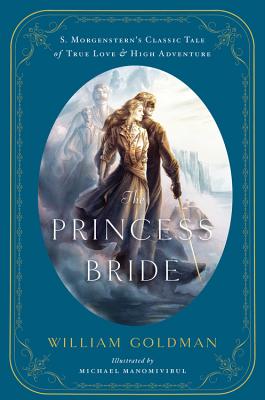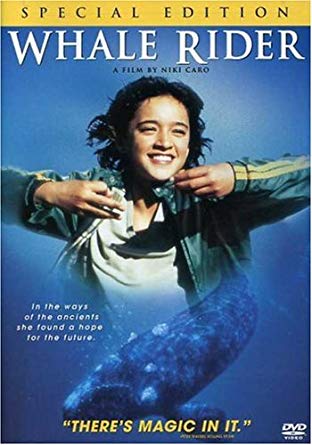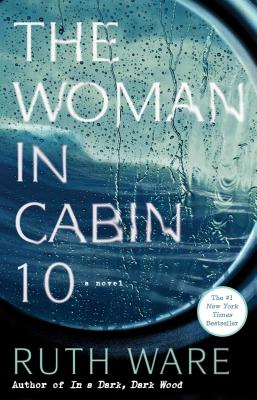 |
 |
 |
 Jen Jen |
|
Recently, I came across The Princess Bride: An Illustrated Edition of S. Morgenstern's Classic Tale of True Love and High Adventure and realized that, although I’ve seen the movie many times, I’d never read the book. I’m savoring this story and plan to re-read this gem whenever possible. |
||||||
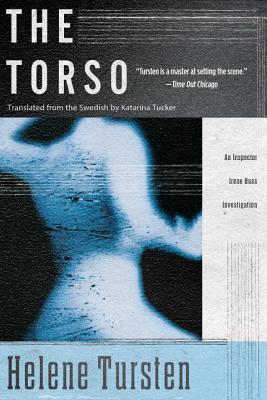 |
Torso |
|||||||
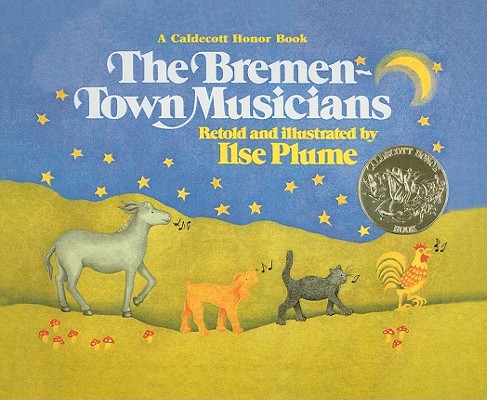 |
The Brementown Musicians Musical Guess what show Vision Theatre will be doing with the DAC in November?
|
|||||||
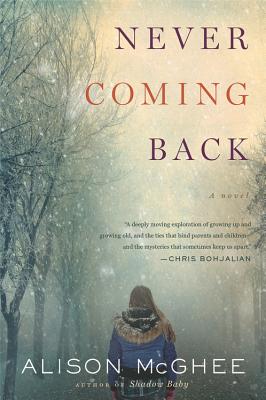 |
Never Coming Back Never Coming Back refers to the mother of the protagonist in this story, who has early onset Alzheimers. The mother is Tamar, the narrator is her daughter Clara. Growing up, Clara clashed a lot with her mother. Clara’s father is not in the picture because Clara was the result of a party rape. Despite this violent beginning, Tamar chooses to keep and raise the baby the very best she can. She is often a staunch supporter of what I would call “tough love”. While Clara is in high school, she falls in love with a fellow student. After dating for a couple years, Clara witnesses, through a window in the house, her boyfriend and mother having an argument. The next day the boyfriend breaks up with Clara. Neither the boyfriend nor the mother will explain why. Once Clara graduates from high school, her mother and a friend conspire to get Clara into a college that is farther from home than Clara intended to go. This turns out to be a good thing as it’s at college that Clara meets the two people who will become her best friends for life, roommate Sunshine and fellow student Brown. Clara never dates again, never marries. She supports herself as the sole writer for a company she founded called Words by Winter. Clients contact Clara with a brief description of a person s/he needs to send some sort of communication to—a birthday card, or thank you note, that kind of thing. The tricky part is that the client almost always has a contentious or delicate relationship with the person with whom a communication is needed. $100 for 100 words and Clara is plenty busy. Writers particularly, I think, will love Clara. She thinks in ways that are dominated by word usage—she can hear/see/feel when people italicize words or say them in bold font. She is, as she describes herself, a word girl. And I have to say, I connect with that. The narrative is so well crafted and written in addition to being a good story. There is a lot of meat here for a book group—friendship, family, regret, forgiveness, and acceptance are all issues that a group could really sink its teeth into with this book. |
|||||||
| |
||||||||
 Sally Sally |
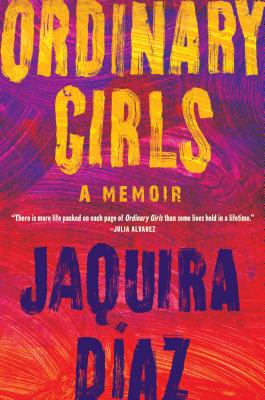
|
Months ago, I read manuscripts for Indies Introduce, a program which selects outstanding debut works. One of the books I loved from that experience was just released, and we’ve got it in the store. Ordinary Girls Ordinary Girls crackles with life! Diaz’ memoir brings to vivid life growing up in Puerto Rico and Miami, poverty, drug abuse, mental illness, “ordinary girls,” suicide, and being gay in a culture which doesn’t accept homosexuality. The language has a lively rhythmic quality reflecting the staccato quality of Diaz’ early years. The book is gritty, and it’s the story of a survivor who fought to be seen as who she is. |
||||||
Much of my reading time in October was spent re-reading the books for our recent reading retreat. Following are my reviews of the books we discussed.
|
 |
|||||||
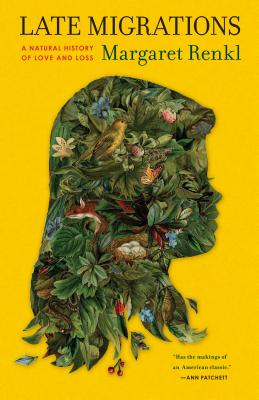 |
Late Migrations: A Natural History of Love and Loss Margaret Renkl is a careful observer of the natural world around her. She not only notices the chokecherry root which pushed up the concrete of her parents' driveway, the dead robin in the street, and the blazing red of a cardinal illuminated in the autumn sunset, her description of each is beautifully written. Renkl is also an observer of her family, and chapters about incidents in their lives are braided with the essays about the natural world. The ordinary becomes filled with wonderment and loss, and the shadow side of love is part of the life we all share. Illustrations by the author's brother, Billy Renkl, sensitively complement the text.
|
|||||||
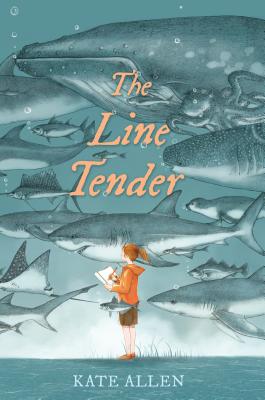 |
The Line Tender Kate Allen Two summers ago, my husband and I took a vacation to Washington D.C. and Maryland with our granddaughter. We spent one day at the Aquarium in Baltimore, and our granddaughter was entranced by the sharks. We stood outside a huge tank for a very long time, watching as shark after shark swam by. Our granddaughter remembers that day as the best part of our vacation. I thought of that experience while reading The Line Tender, Kate Allen’s wonderful book for young adults. In the book, the person taken with sharks was Lucy Everhart’s marine-biologist mother. She’d died suddenly, 5 years before the start of the book, while collecting shark data off the coast of Massachusetts. Lucy and her father have managed to keep going, after a fashion, with the help of friends and neighbors. The summer Lucy was 12, a great white shark was brought in by the tide, and soon after, she experienced another tragedy. Following these events, Lucy grabbed “the line that connected her depressed father, a stubborn fisherman, and a curious old widower to her mother's unfinished research on the Great White's return to Cape Cod.” For divers, such as Lucy’s dad, the line tender is the person who supports and assists diving operations. It’s a great metaphor for the book. I’m looking forward to a rich discussion of this book and Late Migrations during our fall Reading Retreat. |
|||||||
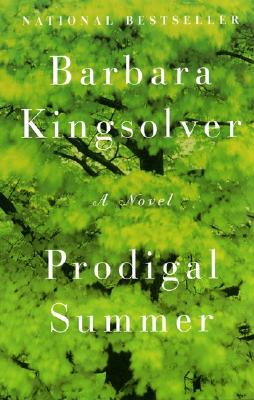 |
Prodigal Summer Finally, I remembered Kingsolver’s book, Prodigal Summer, which I read a number of years ago. I re-read it quickly, hoping I’d remembered it accurately. I had, and it was an ideal addition to our reading list!
For the first time, we watched a movie at a retreat! We watched Whale Rider, which related to our theme. I highly recommend it! |
|||||||
 Ann |
 |
The Song Poet: A Memoir of My Father In The Song Poet, Kao Kalia Yang tells the story of her father's life. Bee Yang was born in 1958 and grew up in Laos during wartime in Southeast Asia. As an adult he escaped with his family to a refugee camp in Thailand, where they lived for many years facing life threatening conditions. Finally, the family immigrated to Minnesota. |
||||||
 Bob |
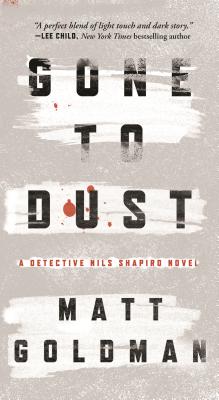 |
Gone to Dust I don’t normally read murder mysteries (although, lately, I don’t know what normal reading is for me) but Sally thought I might enjoy this book for its subtle humor and familiar settings. The book is about a down-on-his-luck private investigator (aren’t they all) named Nils Shapiro, who works in the Twin Cities area and it’s the middle of winter. Not an attractive start, but it is familiar. A friend from his Police Academy days, who works in the Edina Police Department, convinces his chief that Nils is his man for a complicated murder that took place there. Edina is an exclusive part of the Twin Cities, which normally doesn’t have big crime. The case is complicated because the victim and the bedroom she was killed in are covered with the contents of multiple vacuum cleaner bags. This, of course, screws up modern day crime scene analysis. A well thought out mystery that keeps you turning the pages, with some interesting descriptions thrown in of a Minnesota winter that are spot-on. I really enjoyed this book and I think you will too. As a matter of fact, I might check out more of author Matt Goldman’s work, even though it’s not Sci-Fi. |
||||||
 Gail |
||||||||
|
|
|||||||
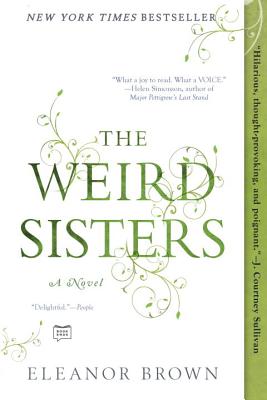 |
Weird Sisters |
|||||||
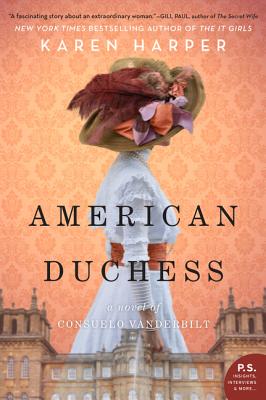 |
American Duchess: A Novel of Consuelo Vanderbilt |
|||||||
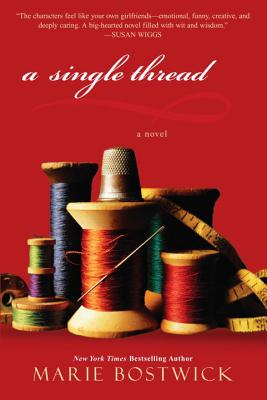 |
A Single Thread |
|||||||
 Hannah |
||||||||
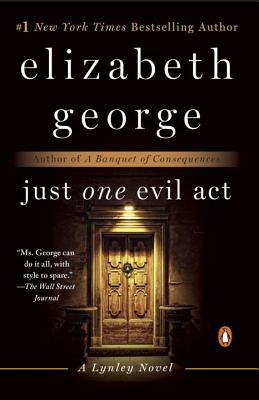 |
Just One Evil Act |
|||||||
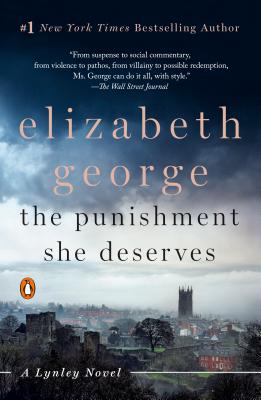 |
The Punishment She Deserves |
|||||||
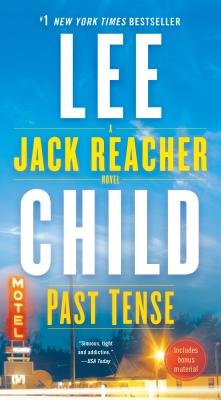 |
Past Tense |
|||||||
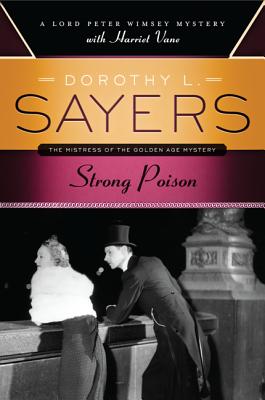 |
Strong Poison |
|||||||
 Tim |
 |
The German House
|
||||||
 |
Augustus |
|||||||
|
Would you like to be a guest reviewer? Email Sally at sally@beagleandwolf.com |
||||||||
— page top — |
||||||||
| About Us Midwest Connections |
